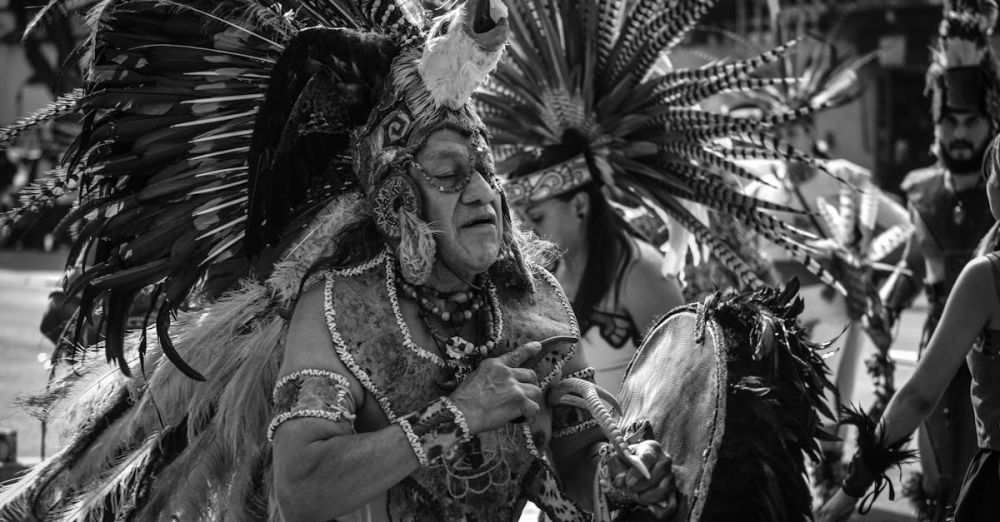What Are the Best Sites for Learning about Canadian Indigenous Peoples
Understanding Canadian Indigenous Peoples is crucial for appreciating the rich tapestry of cultures, histories, and traditions that have shaped the nation. In a world where information is abundant, knowing where to find accurate, respectful, and insightful resources can make all the difference. The following sites provide excellent opportunities for anyone eager to learn more about Indigenous communities in Canada, their contributions, and their ongoing struggles for rights and recognition.
Government of Canada Resources
The Government of Canada has made significant strides in providing educational resources about Indigenous Peoples. Their dedicated portal offers a wealth of information on treaties, history, and contemporary issues facing Indigenous communities. The “Indigenous Peoples” section includes articles, statistics, and links to various programs, making it an authoritative source for anyone looking to understand the legal and social framework surrounding Indigenous rights in Canada. Additionally, the site often features stories and updates from Indigenous communities, helping to humanize the statistics and policies.
Indigenous Foundations
Indigenous Foundations is a project by the University of British Columbia that aims to provide comprehensive information about Indigenous histories, cultures, and contemporary issues. This site includes well-researched articles on topics such as land rights, self-governance, and the impact of colonialism. It is particularly valuable for students and educators, as it offers a range of resources, including suggested readings and multimedia content. The site’s commitment to accuracy and respectful representation makes it a top choice for those seeking to deepen their understanding of Indigenous issues.
The Canadian Encyclopedia
The Canadian Encyclopedia is an essential resource for anyone interested in Canadian history, and its Indigenous Peoples section is no exception. This site features a multitude of articles that cover various aspects of Indigenous life, from traditional practices to modern challenges. Written by experts in the field, the entries are well-cited and provide a balanced view of complex issues. The interactive nature of the encyclopedia, including maps and timelines, enhances the learning experience, making it easier to grasp the interconnectedness of events and cultures.
Indigenous Services Canada
Indigenous Services Canada offers a platform for understanding the government’s initiatives and partnerships with Indigenous communities. The site provides information about health services, infrastructure, and education programs specifically designed for Indigenous Peoples. Not only does this resource shed light on the current state of Indigenous affairs in Canada, but it also emphasizes the importance of collaboration between the government and Indigenous communities. By exploring this site, learners can gain insight into the ongoing efforts to improve quality of life for Indigenous Peoples across the country.
First Nations University of Canada
The First Nations University of Canada (FNUniv) is a leading institution dedicated to Indigenous education. Their website serves as a gateway to a wealth of academic resources, including research papers, educational programs, and community initiatives. The university promotes Indigenous knowledge systems and offers a unique perspective on various subjects, including Indigenous rights, environmental stewardship, and cultural preservation. For those interested in an academic approach, FNUniv provides a plethora of resources geared towards understanding the Indigenous experience in Canada.
Cultural and Learning Centers
Many Indigenous communities maintain cultural centers that offer workshops, events, and educational resources. Websites for these centers often feature information about Indigenous history, art, and language. These centers are invaluable for their grassroots perspective, offering firsthand accounts and experiences that enrich the understanding of Indigenous cultures. Engaging with these resources can provide learners with a more personal connection to the material, fostering empathy and respect for Indigenous traditions.
Exploring Indigenous Perspectives
To truly grasp the complexities of Indigenous Peoples in Canada, it is vital to engage with Indigenous voices directly. Podcasts, documentaries, and social media channels hosted by Indigenous creators serve as powerful platforms for sharing stories and experiences. Following Indigenous artists, activists, and scholars can provide ongoing insights into contemporary issues and cultural expressions. This engagement encourages a deeper appreciation for the resilience and diversity of Indigenous Peoples.
Embracing a Holistic Understanding
In summary, the journey to learning about Canadian Indigenous Peoples is enriched by accessing a variety of well-curated resources. From government portals to grassroots cultural centers, each offers unique perspectives and valuable information. By combining academic research with lived experiences, individuals can foster a more nuanced understanding of Indigenous communities, their histories, and their aspirations for the future. The commitment to respectful engagement and continuous learning is essential in supporting reconciliation and honoring the legacies of Indigenous Peoples in Canada.







